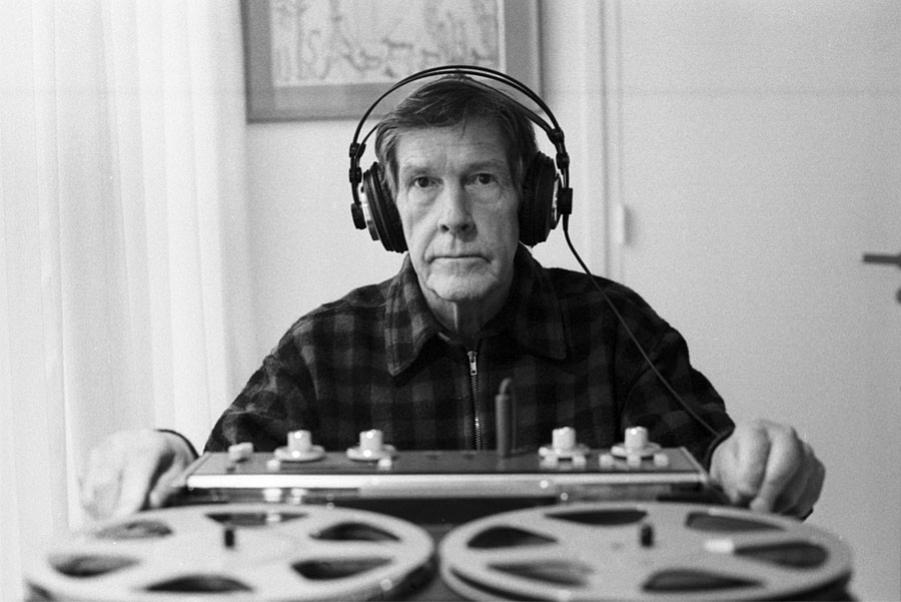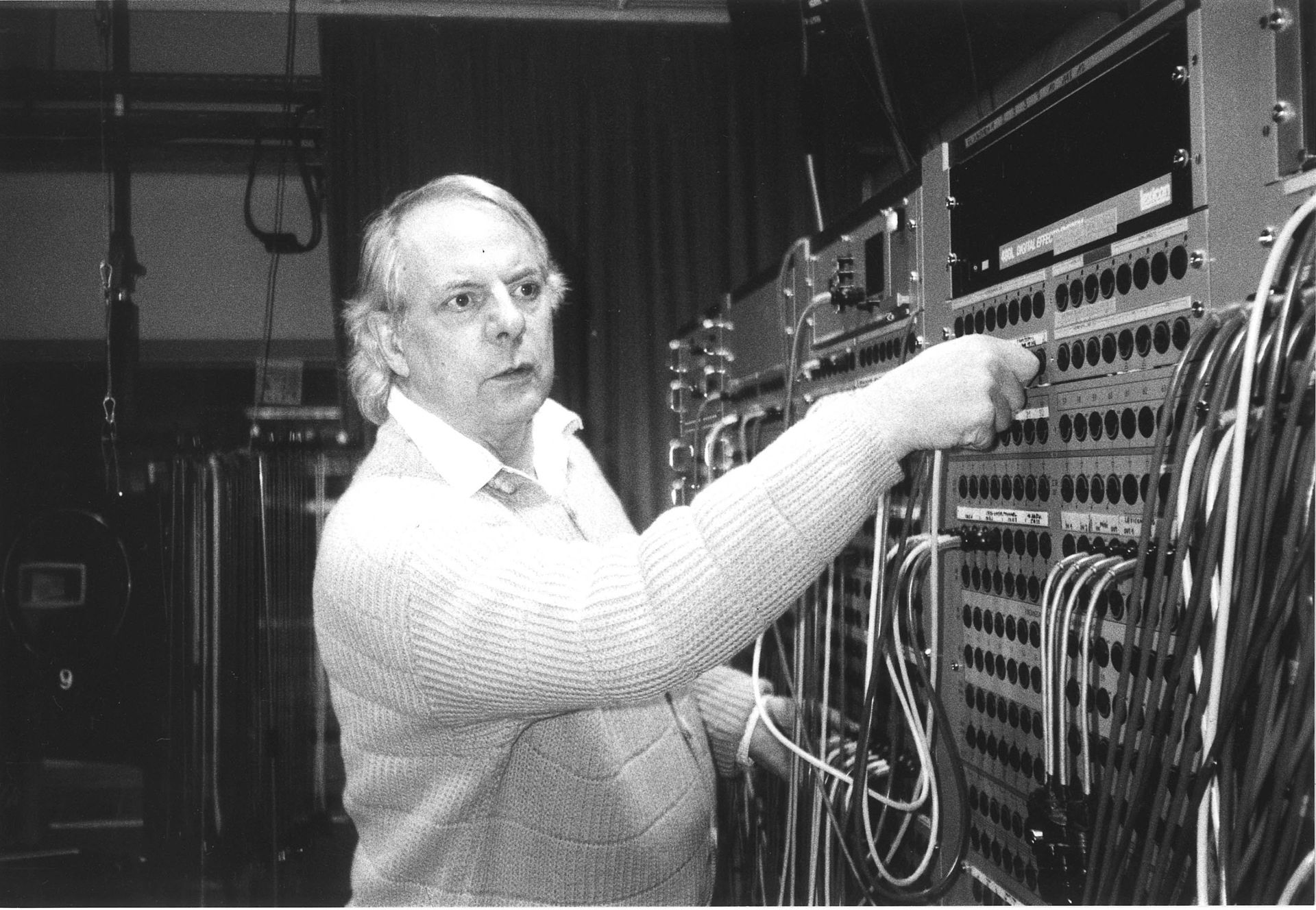 Early in the Twentieth Century, Charles Ives came up with the idea of actually experimenting with truly unorthodox musical sounds; in the 1950s and 1960s the experimental and other avant-garde became more common and more acceptable to the Classical public.
Early in the Twentieth Century, Charles Ives came up with the idea of actually experimenting with truly unorthodox musical sounds; in the 1950s and 1960s the experimental and other avant-garde became more common and more acceptable to the Classical public.
The Dadaist art groups in the 1920s expressed chaos and absurdity as part of the expression of the ‘Lost Generation’ after World War I, doing such public things as reading a new poem to an audience from inside a closed garbage can; and in the 1950s the ‘Beat Generation’ picked up the philosophical and artistic baton of intentional nonsense and the absurd. (I’m speaking in very general and simple terms, but at least this addresses the trends that interjected themselves into ‘serious’ music, particularly that of Existentialist Angst.)
The following links are some examples of the varied kinds of bizarre works that characterize the shocking attitudes and confusion of the movement. They are not enjoyable to listen to, but, as with the Serialists, they should be known about as part of the progression of historical development of Classical composition.
 Electronic generation of various kinds began at this point. Besides odd sounds from ‘prepared piano’ and Stockhausen's far-north tribal mouth music, there was a lot of use of the new FM synthesizers; interestingly, the tendency was often to create chaos through unpredictable explosions and strangely timed bursts of crafted noise and static.
Electronic generation of various kinds began at this point. Besides odd sounds from ‘prepared piano’ and Stockhausen's far-north tribal mouth music, there was a lot of use of the new FM synthesizers; interestingly, the tendency was often to create chaos through unpredictable explosions and strangely timed bursts of crafted noise and static.
John Cage even went so far as to ‘compose’ a piece that has no sound at all, which I’ve included below. This non-work is probably the most famous of all the avant-garde!
Likely the most orthodox and serious of the composers on this list is Krzysztof Penderecki, who did write some significant sacred works and memorials to the victims of war, etc.
John Cage (1912-1992): ‘First Interlude’ for prepared piano, played by Boris Berman
Cage: 4’33”, performed by William Marx
Karlheinz Stockhausen (1928-2007): ‘Stimmung’, performed by Platforma
George Crumb (b. 1929): ‘Death Drone II’, performed by Nicholas Isherwood, Fuat Kent, and Ensemble New Art
Jorgen Plaetner (1930-2002): ‘Beta’, performed by Plaetner
Krzysztof Penderecki (b.1933): Fluorescences, performed by Antoni Wit and the Polish National Radio Orchestra
Charles Wuorinen (b. 1938): Time's Encomium part II, performed by Wuorinen
The upcoming final two installments in this series will be among the most beautiful and moving, so, for those who desire musical aesthetics of that kind, relief is soon on the way!




Comments